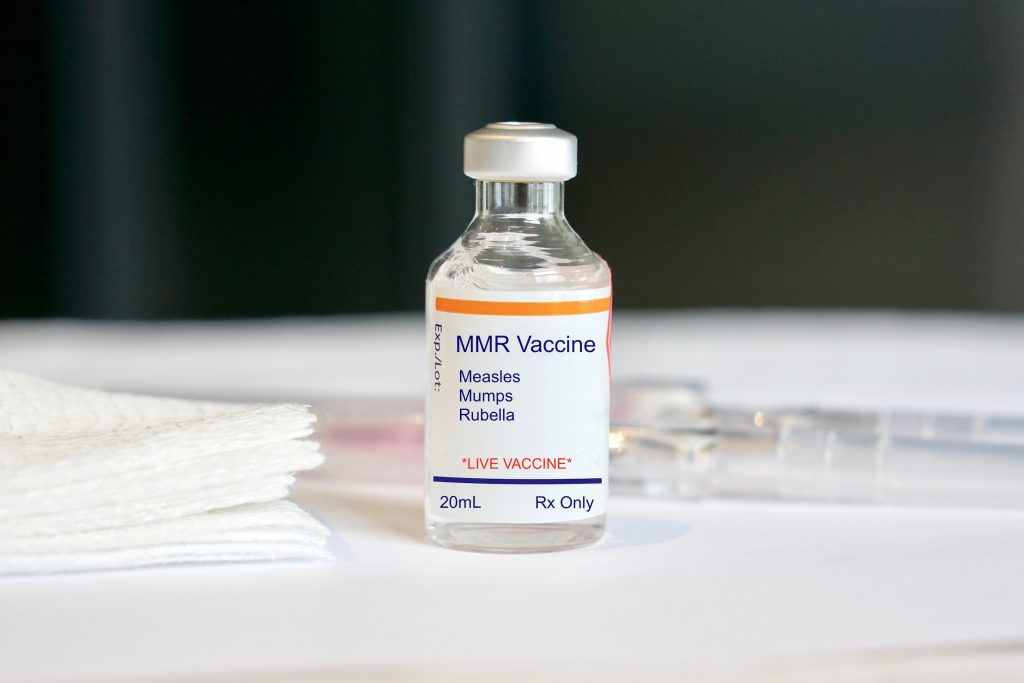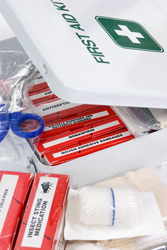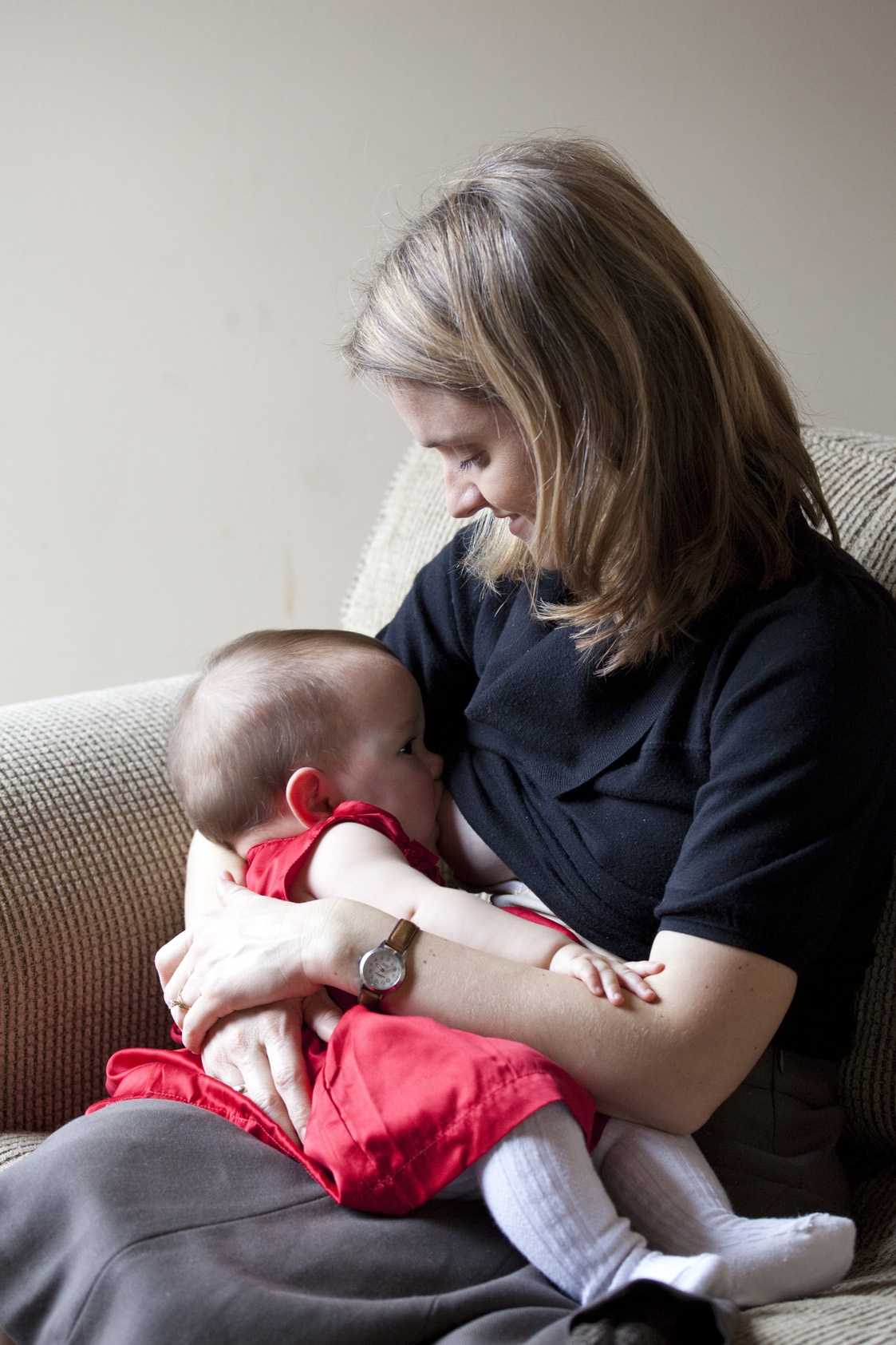As I write this, our country is in the midst of a measles epidemic. To date, 695 people have been infected with measles. This is the highest number of cases since 2000, when we thought we’d eliminated measles from the U.S. It is only April. As I write this, 300 college students in California are being quarantined until they can provide evidence of immunity—evidence of vaccination. Health officials in Rockland County, NY, have asked residents who are not immune to measles and who may have been exposed to stay away from public places or face hefty fines. Travelers who went overseas and brought the infection home started most of these outbreaks. We are naïve to think that the same thing cannot happen here in St. Louis.
How Did We Get Here?
The measles vaccine has been available since 1963. We typically give the first dose of the vaccine to infants between the ages of 12-15 months. 95-98% of individuals will develop immunity after the first dose. However, since 1989, we have given a second booster dose at age four or five to boost immunity in those who may not have responded the first time. In other words, the vaccine is highly effective. So, if we have an excellent vaccine, why are we in the midst of an outbreak? It is very simple. People are refusing the vaccine for their children.
It is estimated that 2.5 million U.S. children and 20 million children worldwide do not get the first dose of MMR each year. For a community to have protection from measles, 95% of the population needs appropriate vaccination. Reasons for lack of vaccination worldwide range from lack of vaccine access, to poor healthcare, to complacency. In the U.S., the anti-vaccine movement has grown to the point that the CDC included it in their top 10 threats to public health.
The Spread of Misinformation
The anti-vaccine movement has thrived in the world of social media. Groups of like-minded people sharing false information have created online echo chambers, and these have spread quickly in arenas such as Facebook. This has become so problematic that recently Facebook, Pinterest, YouTube, and Amazon all committed to removing vaccine misinformation. I worry it is too little, too late.
A Doctor’s Perspective
As pediatricians, we have spent years arguing for the necessity of vaccines. Our efforts are falling on deaf ears. Worse, we are accused of profiting from vaccines (I don’t) or being part of a Big Pharma conspiracy (I’m not). Personally, I’m tired of arguing and I’m tired of fighting. I am not the enemy and I’m tired of being treated like one. A life-threatening illness now infects 695 Americans and this was preventable. It is time for legislation.
A few years ago, I wrote about my excitement that California was abolishing personal and religious vaccine exemptions. Since that time, not only have few states followed suit, but there are concerns in California that doctors are signing medical exemptions for patients without a true medical reason. In Missouri, we have both religious and philosophical exemptions, although the philosophical exemption can only be used for daycare. That said, parents do not need to prove a particular religious affiliation. Further, no major religion refuses vaccines for its members. Since 2016, the rate of religious exemptions in Missouri for kindergarten has increased from 1.9% to 2.4%. The rate of medical exemptions has decreased from 0.2% to 0.1% over the same time period.
Why We Need Vaccines
Vaccination is not a personal choice—it is a public health issue. Choosing not to vaccinate your child not only puts her at risk, but also puts the whole community at risk. Communities only survive when we look out for one another. In outbreak areas, health officials asked individuals who were not vaccinated either to become vaccinated or to remain at home quarantined. For the most part, people lined up for the vaccine. Why do we have to wait for our neighbors to become sick to make this decision? I urge parents with questions about vaccines to talk with their pediatrician. We welcome your questions and want to make sure that you are making well-informed choices. Get the facts. Vaccines are safe, vaccines are effective, and vaccines save lives.






Comments